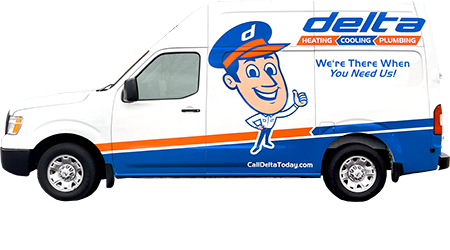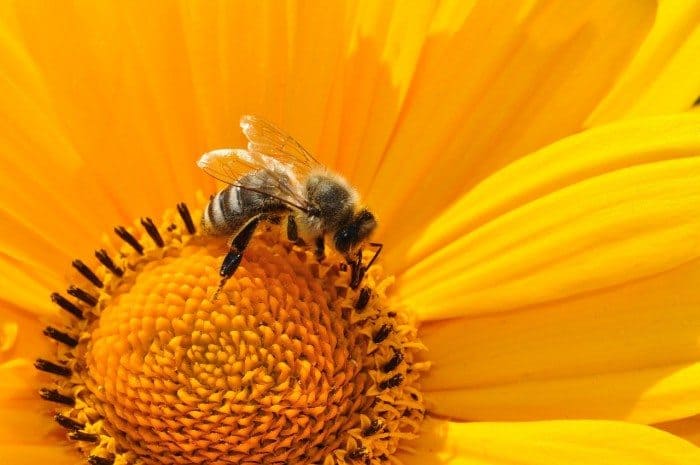Sniffling and sneezing? Keep Your HVAC System in Shape to Reduce Allergies
If you or your family members are sniffling and sneezing, you’re probably well aware that allergy season has arrived in the Raleigh area. But did you know that your HVAC system can serve as a potent tool for fighting allergies and their accompanying misery?
Most sufferers of allergies and asthma blame the outdoor pollen. But the truth is, pollution levels inside your home can be significantly higher than those outdoors. Traditional allergens like pollen certainly can be one source of indoor air pollution, but your indoor air also can host mold, dust mites, pet dander and cockroach droppings.
Proper use of your air conditioning system in the spring and summer can help. Your HVAC system makes the environment less hospitable for pollutants — many of which are soluble in water — as it removes water from the air. Your air conditioner also effectively removes pollen and other particulate matter.
The Role of Humidity
By eliminating the excess moisture in your home, your HVAC system helps stop mold from spreading. It also lowers the survival rate of cockroaches and dust mites. These unwelcome visitors thrive when the humidity inside your house is around 50 percent. Keeping humidity around 40 percent is ideal.
During Raleigh’s hot, humid spring and summer seasons, a properly functioning air conditioning system is mandatory for keeping humidity levels — along with dust mites, mold and cockroaches — under control.
Using the Right Filter
Filters can help your air conditioning system work more effectively to remove the indoor pollutants that contribute to allergies and asthma. But not all filters are the same.
The ability of filters to remove pollutants from the air is measured in MERVs: minimum efficiency reporting value. MERV ratings range from 1 to 20, with 20 giving you the best filtration of particles from the indoor air.
You also can choose among several types of filters, including HEPA, high efficiency and medium efficiency. HEPA filters have MERV ratings between 17 and 20. They’re generally not recommended for homes with centralized HVAC systems without some system upgrades, however, since they can require more energy to power your fan.
For most homes, medium-efficiency filters — rated between MERV five and 13 — do a good job of removing particles of various sizes.
Controlling Allergies with Regular HVAC Maintenance
To keep your HVAC system working at its best to control allergens, it’s important to replace your filters as recommended by the manufacturer. In addition:
- Have your system regularly cleaned and maintained by a professional.
- Consider having air ducts cleaned regularly to prevent mold from growing.
- If you notice evidence of mold growth or detect a musty odor, have a professional check your system right away.
Work with Experienced Raleigh HVAC Professionals
If you suffer from allergies, it’s important for your air conditioning system to operate at peak efficiency to remove indoor pollutants. To schedule a full maintenance and cleaning checkup for your HVAC system, contact the professionals at Delta Heating, Cooling & Plumbing today at (919) 256-5120.

